BAPETEN Audience with the National Professional Certification Agency
Kembali 19 Desember 2024 | Berita BAPETEN | 915 lihatThe Nuclear Energy Regulatory Agency (BAPETEN), through the Directorate of Regulation of Radiation Facilities and Radioactive Materials (DP2FRZR), held a hearing on BAPETEN's recommendation for a Professional Certification Institution (LSP) license on Thursday, December 19, 2024, at the National Professional Certification Agency (BNSP) office. This meeting was held to prepare a draft circular letter from the Chairman of BAPETEN concerning the issuance of BAPETEN recommendations to prospective LSPs as a requirement for obtaining a license from the BNSP and to follow up on the results of the harmonization meeting on the Draft BAPETEN Regulation on Work Permits for Officers at Radiation Facilities and/or Activities Utilizing Ionizing Radiation Sources, organized by the Directorate General of Legislation, Ministry of Law.
The audience was attended by the Director of DP2FRZR, Muhklisin; the Coordinator of Radiation Protection and Environmental Safety Regulations for the DP2FRZR, Aris Sanyoto; the Coordinator of Quality Assurance for the DKKN, Rini Suryanti; the Young Expert Legislative Drafter, Daniel Rawinala Meiga; the Young Expert Radiation Supervisor for the DP2FRZR, Diella Ayudhya Susanti; and the Young Expert Radiation Supervisor for the DKKN, Deddy Rusdiana, from BAPETEN. The BAPETEN audience participants were welcomed by members of the National Professional Certification Agency (BNSP), including Syahmi Hari, Head of the BNSP; Ulfah Masfufah, Deputy Chairperson of the BNSP; Adi Mahfudz Wuhadji, Member of the Licensing Division; Amilin, Member of the Quality Assurance Division for Cooperation Planning, Law, and General Affairs; Aji Martono, Member of the Data and Information Division; and their team.
The event began with Mukhlisin's presentation of the audience's objectives: introducing several BAPETEN policies closely related to the National Nuclear Energy Agency (BNSP), discussing LSP licensing and the implementation of competency certification provisions by LSPs, and the government's efforts, through BAPETEN and BNSP, to improve national competence in the nuclear energy sector.
In his presentation, Mukhlisin explained that, based on the mandate of Law Number 10 of 1997, BAPETEN oversees the use of nuclear energy in industry, health, energy, agriculture, and research. In carrying out this oversight, BAPETEN also issues work permits for radiation protection officers and other specialized personnel, such as those working in irradiation facilities, industrial radiography or nondestructive testing, and radioisotope/radiopharmaceutical production. With government policies, particularly regarding the construction of nuclear power plants and the development of the national cyclotron network, the need for competent personnel will continue to increase.
Mukhlisin further stated that a draft regulation is currently being drafted by the Agency regarding work permits for personnel in facilities and/or activities utilizing ionizing radiation sources. This regulation will include provisions regarding competency certificates for personnel other than PPR, issued by LSPs based on Indonesian national work competency standards, special work competency standards, or international work competency standards registered with the Ministry of Manpower. Currently, no LSP in the nuclear energy sector has obtained a license from the BNSP. Therefore, BAPETEN cannot operate independently and needs to learn and align regulations and policies with BNSP, including the mechanism for BAPETEN's recommendation for LSP licensing, supervision of licensed LSPs in the nuclear energy sector, and so on.
The BNSP explained the types of LSPs, the requirements and mechanisms for obtaining a BNSP license, the mechanism for establishing a PTUK (National Institute of Radiation Protection), and the scope and authority of BNSP. BNSP encouraged BAPETEN to immediately establish a P2 LSP, specifically for government institutions with training units. This type of LSP is considered simpler and allows BAPETEN to still oversee officer competency. It was also proposed that the draft regulations currently being drafted include a clause stipulating that LSPs applying for licenses to the National Nuclear Energy Agency (BNSP) must obtain a recommendation from BAPETEN.
The discussion session also gained knowledge and understanding regarding efforts to develop national competency in the increasingly stringent nuclear energy sector. One way to develop this competency is through a proposed MoU between BAPETEN and BNSP to accelerate the growth of LSPs in the nuclear energy sector, particularly P3 LSPs. These P3 LSPs are established by the community and require significant time to establish, necessitating special attention to ensure the swift establishment of independent LSPs capable of implementing professional certification in the nuclear energy sector. (DP2FRZR/Diella/BHKK/OR/Translator: GP)

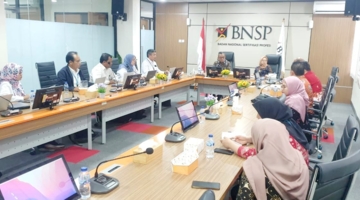
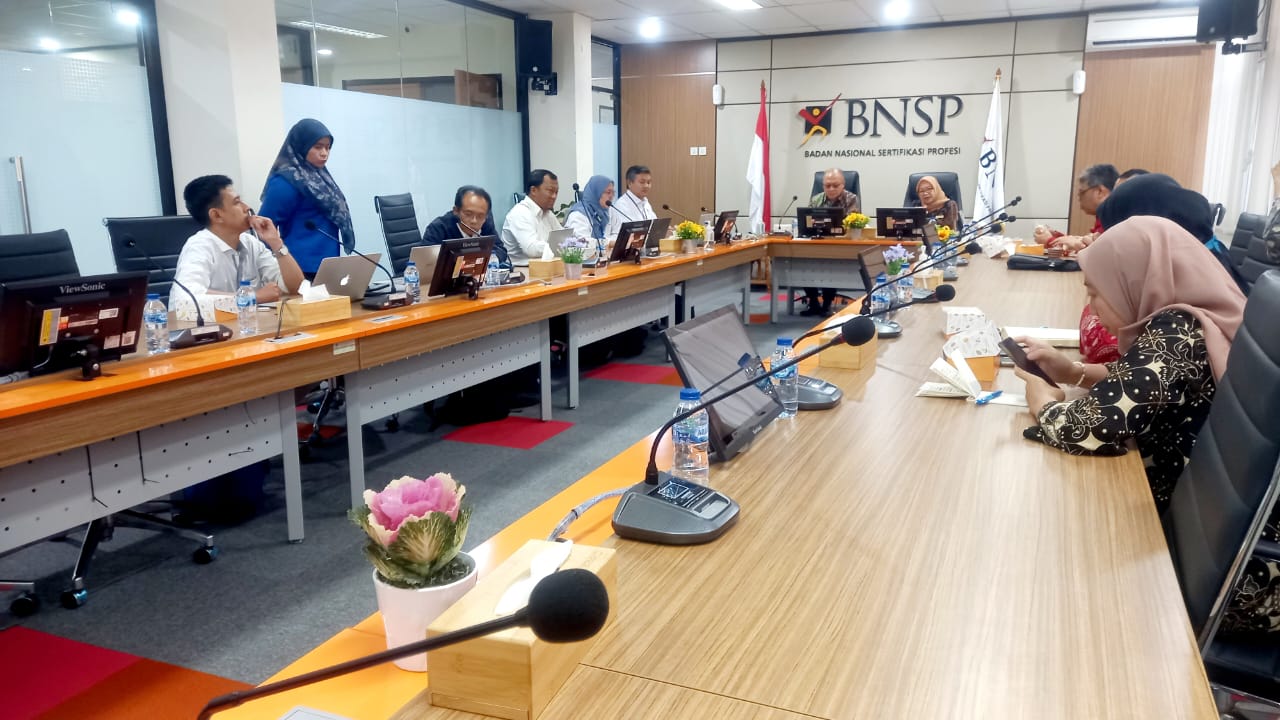
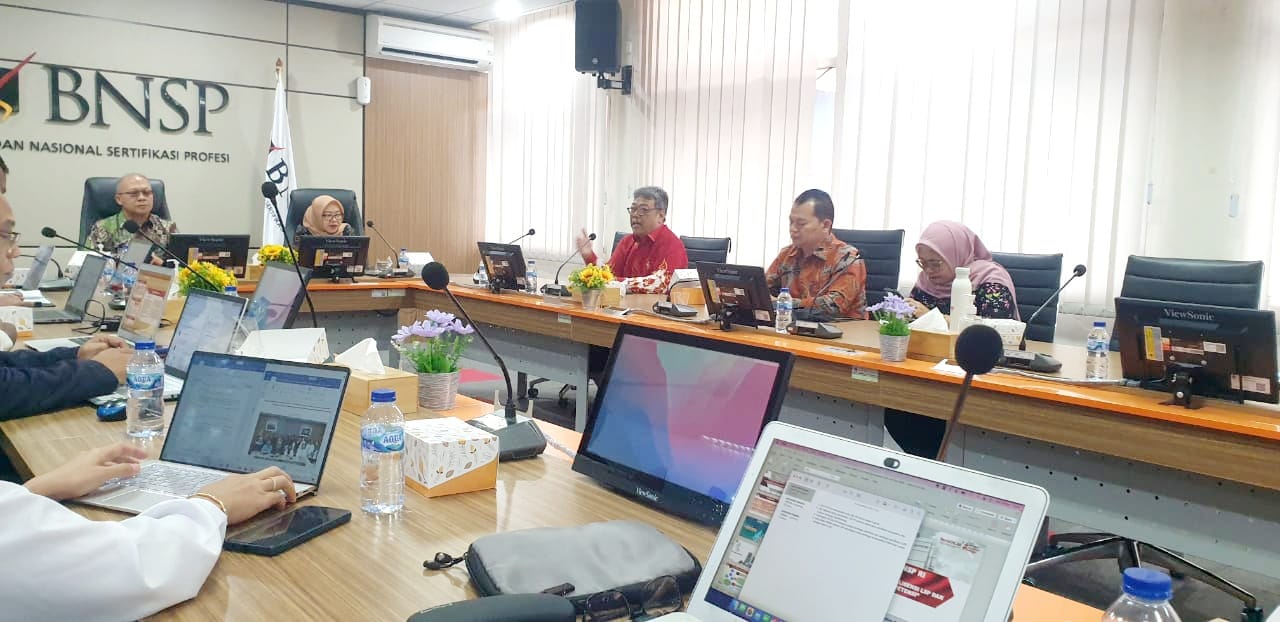
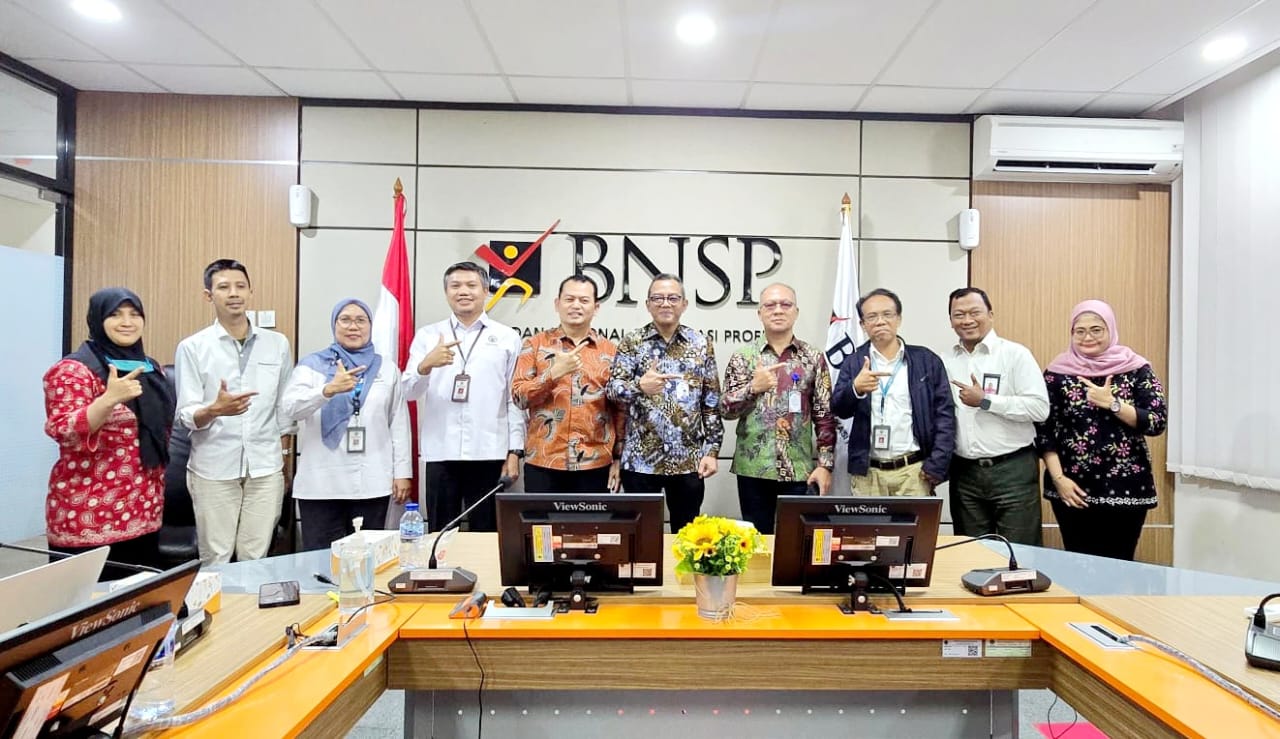
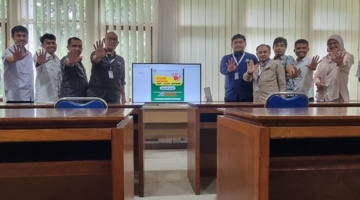
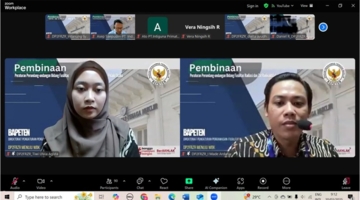
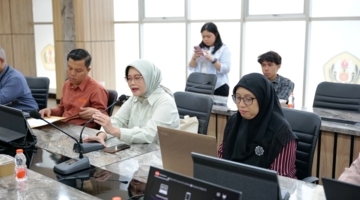

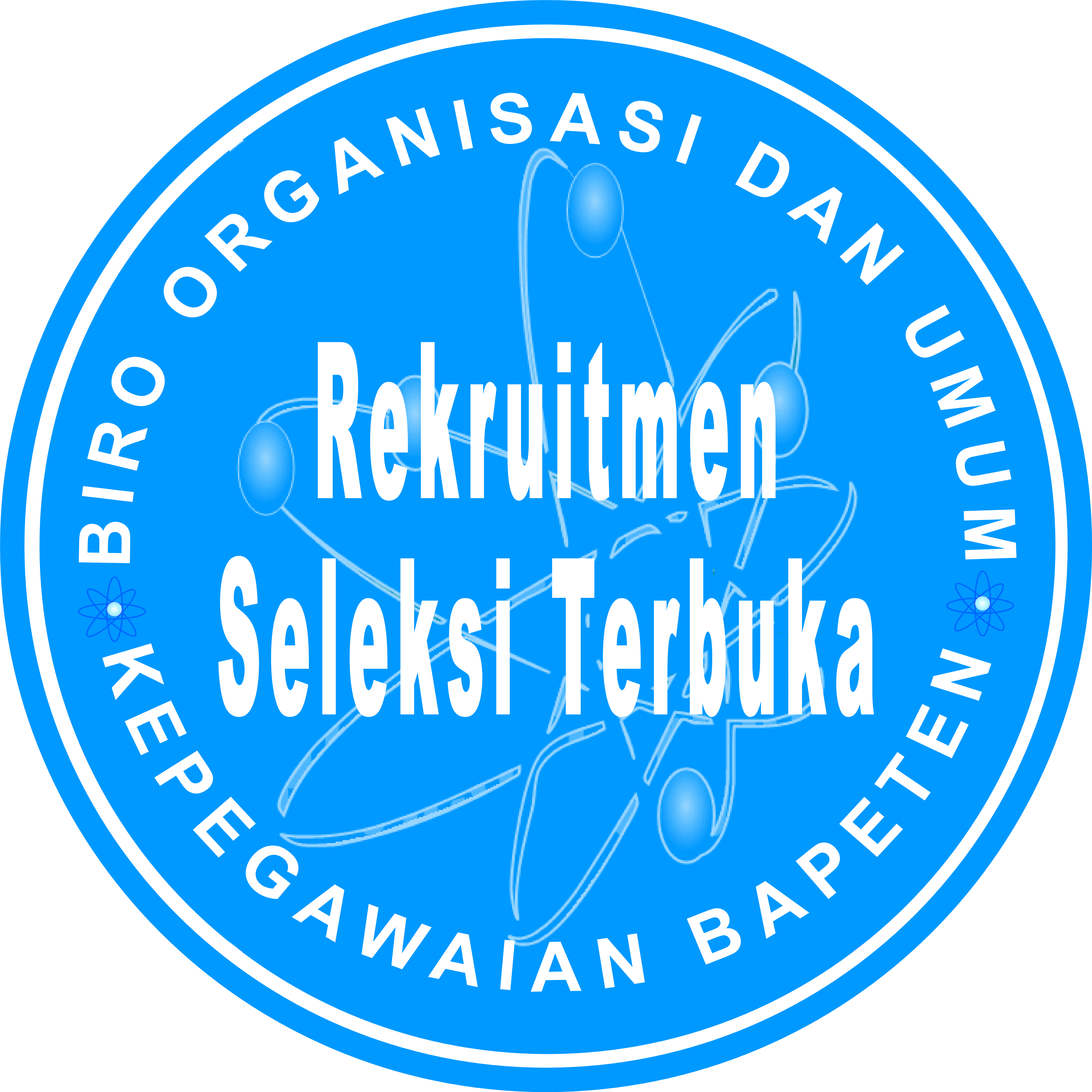

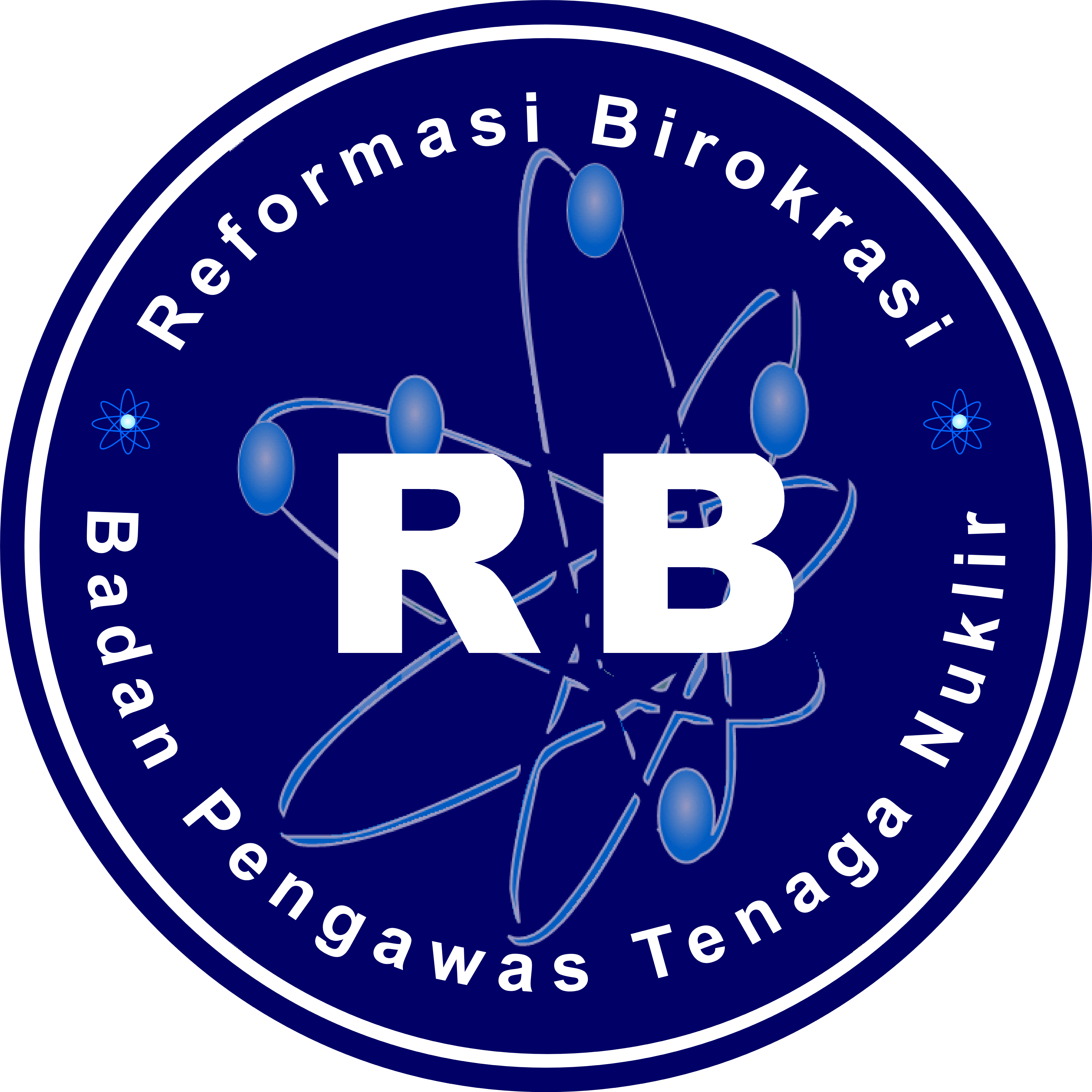











Komentar (0)